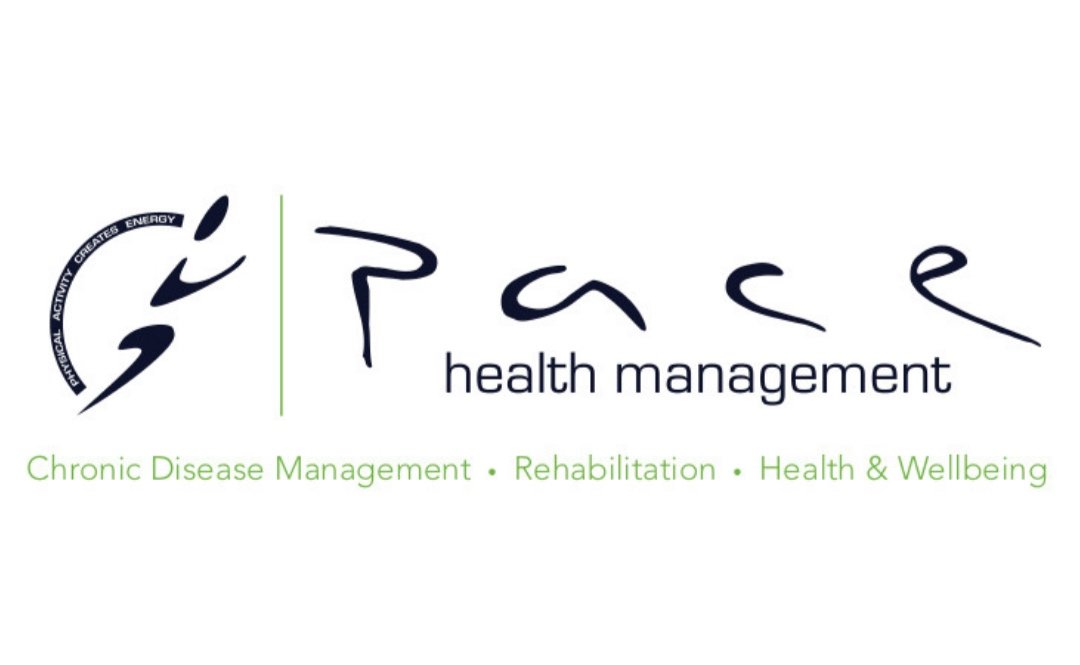The Vital Role of Iron in Your Health: How to Boost Your Intake
Iron is an essential mineral that plays a critical role in various bodily functions, from oxygen transport to energy production. Despite its importance, many people overlook the significance of maintaining adequate iron levels in their diet. In this blog, we'll explore why iron is crucial for our health, along with practical tips on how to increase your intake, including options for vegans and vegetarians.
Why Iron Matters
Iron is a fundamental component of hemoglobin, the protein in red blood cells responsible for transporting oxygen from the lungs to the rest of the body. Without enough iron, your body can't produce an adequate amount of healthy red blood cells, leading to iron deficiency anemia. Symptoms of iron deficiency anemia include fatigue, weakness, pale skin, shortness of breath, and decreased immunity.
Aside from its role in oxygen transport, iron also contributes to energy production, immune function, and cognitive development. It's particularly crucial during periods of rapid growth, such as infancy, childhood, and pregnancy.'
Tips to Increase Iron Intake
Include Iron-Rich Foods in Your Diet: Incorporate a variety of iron-rich foods into your meals, such as lean meats, poultry, fish, beans, lentils, tofu, fortified cereals, nuts, seeds, and dark leafy greens like spinach and kale.
Pair Iron-Rich Foods with Vitamin C: Enhance iron absorption by combining iron-rich foods with sources of vitamin C, such as citrus fruits, strawberries, bell peppers, and tomatoes. Vitamin C helps convert iron into a more absorbable form, increasing its bioavailability.
Cook with Cast Iron Cookware: Cooking acidic foods like tomato sauce or chili in cast iron cookware can increase the iron content of your meals, especially if the food is cooked for an extended period.
Avoid Drinking Tea or Coffee with Meals: Tannins found in tea and coffee can inhibit iron absorption. If you're trying to boost your iron intake, it's best to avoid consuming these beverages with meals containing iron-rich foods.
Consider Iron Supplements: If you struggle to meet your daily iron requirements through diet alone, speak with a healthcare professional about whether iron supplements are necessary for you. They can provide guidance on the appropriate dosage and type of iron supplement to take.
Iron-Rich Options for Vegans and Vegetarians
For individuals following a vegan or vegetarian diet, obtaining enough iron can be challenging since plant-based sources of iron are less readily absorbed by the body compared to animal-based sources. However, it's still possible to meet your iron needs with careful planning:
Incorporate Legumes: Beans, lentils, chickpeas, and soy products like tofu and tempeh are excellent sources of iron for vegans and vegetarians.
Opt for Fortified Foods: Choose fortified cereals, plant-based milk alternatives (such as almond or soy milk), and nutritional yeast, which are often enriched with iron and other essential nutrients.
Pair Iron-Rich Foods with Vitamin C: Just like their omnivorous counterparts, vegans and vegetarians can benefit from combining iron-rich plant foods with sources of vitamin C to enhance absorption.
By prioritizing iron-rich foods and adopting smart dietary strategies, you can ensure you're meeting your body's iron requirements for optimal health and vitality.
Ready to Optimize Your Health?
If you're looking to enhance your overall health and well-being, including optimizing your iron intake, our team at PACE Health Management is here to help. Schedule a consultation with one of our experienced professionals and take the first step towards a healthier, more vibrant you.
Remember, your health is an investment worth prioritizing, and we're here to support you every step of the way. Don't hesitate to reach out and start your journey towards better health today.
